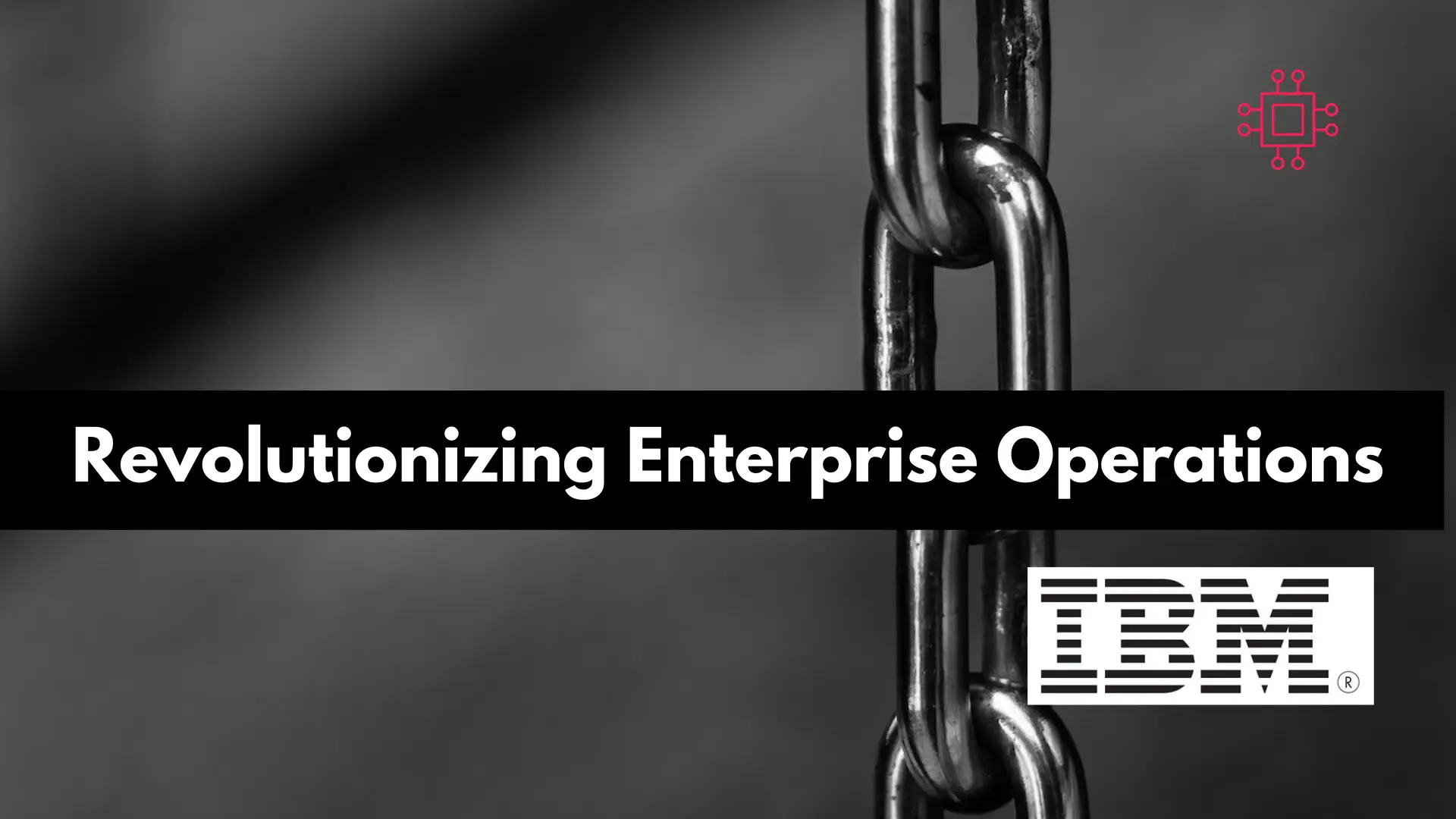
Are you interested in generating smart contracts but don’t know where to start? The goal of this article is to provide the beginner with enough

So, what is the blockchain you ask? I’m glad you asked the question. Blockchain technology is a distributed ledger system that allows multiple participants to verify and update transactions on a network in a secure and transparent manner.
It was originally developed for use with Bitcoin, the world’s first decentralized cryptocurrency, but has since been applied to a wide range of industries and use cases. At its core, blockchain technology is based on the idea of a decentralized network that eliminates the need for a central authority to manage and verify transactions.
Instead, participants in the network work together to validate transactions through a process known as consensus. This means that every participant in the network has access to the same information, and any updates to the ledger are immediately visible to all parties.

Image by Joey Kyber from Pexels
In 2008, a person or group known as Satoshi Nakamoto published a whitepaper titled “Bitcoin: A Peer-to-Peer Electronic Cash System.” The paper proposed a decentralized digital currency that would not require a central authority to oversee transactions. This led to the development of the blockchain technology.
The first blockchain network was implemented in January 2009 as the backbone of the Bitcoin cryptocurrency. The network uses a distributed ledger technology, allowing multiple participants to verify and update transactions securely and transparently.
Over time, blockchain technology has evolved to include a range of applications, from supply chain management to digital identity verification. Additionally, it has created several alternative cryptocurrencies or alt coins built on similar blockchain-based systems.
The blockchain ecosystem is made up of a diverse range of players, including developers, miners, investors, and users.
Some of the major players in the industry include:
Bitcoin, the first and most well-known cryptocurrency.
Ethereum, a blockchain-based platform that allows developers to build decentralized applications and smart contracts.
Ripple, a payment protocol that uses blockchain technology for cross-border transactions.
IBM, a major player in the enterprise blockchain space with solutions for industries like supply chain management and financial services.
ConsenSys, a blockchain software development company specializing in building dApps on the Ethereum network.
Coinbase, a popular cryptocurrency exchange for buying, selling, and storing various cryptocurrencies.
The blockchain relies on a number of hardware and software technologies to function, including:
MarketsandMarkets forecasts that the global blockchain market will hit $39.7 billion by 2025, with a CAGR of 67.3% between 2020 and 2025. The financial services sector is expected to be the biggest adopter of blockchain during this time.Healthcare, supply chain management, and government will also experience significant growth in blockchain adoption. Deloitte’s report found that 55% of surveyed companies across various industries were already using or planning to use blockchain. Increased efficiency, cost savings, and transparency were the most commonly cited benefits of blockchain.
As blockchain matures, it will have a significant impact on numerous industries. Key trends and developments that will shape its future include increased adoption by enterprise, integration with other emerging technologies like IoT and AI, increased regulation, evolution of cryptocurrencies, and a greater focus on sustainability due to the energy-intensive process of mining cryptocurrencies.
One of the most significant trends in blockchain’s future is its increased adoption by enterprises. As businesses recognize the benefits of blockchain, such as increased efficiency and cost savings, they are more likely to embrace the technology.
Blockchain is also likely to be integrated with other emerging technologies, such as IoT and AI, to create innovative solutions. This integration could revolutionize industries such as logistics and supply chain management by improving transparency and streamlining operations.
However, as blockchain adoption grows, it is expected that governments and regulatory bodies will increase their oversight to ensure responsible and ethical use of the technology. This could involve creating regulations around data privacy and security, which are critical concerns in blockchain.
Cryptocurrencies are also likely to continue to evolve and mature, with new use cases and applications emerging. With the rise of decentralized finance (DeFi), cryptocurrencies could become an essential tool for financial services in the future.
Finally, the energy-intensive process of mining cryptocurrencies has led to a greater focus on sustainable blockchain solutions. As a result, we can expect to see more sustainable mining practices and the development of eco-friendly blockchains.
In conclusion, the future of blockchain is full of exciting possibilities. As the technology continues to evolve and mature, it will have a significant impact on various industries, leading to greater efficiency, transparency, and cost savings. However, it is crucial that we also address the potential risks and challenges that come with its adoption, such as data privacy and sustainability concerns.
Was this article helpful to you? If so, let us know in the comment section below. We’d love to hear from you.
Related Posts

Are you interested in generating smart contracts but don’t know where to start? The goal of this article is to provide the beginner with enough

In this article, we will review 10 common misconceptions about the blockchain. A blockchain is a decentralized, distributed and public digital ledger that is used

IBM, with the help of the blockchain, is revolutionizing enterprise operations by improving efficiency and transparency. Blockchain technology provides a secure, transparent, and tamper-proof way
